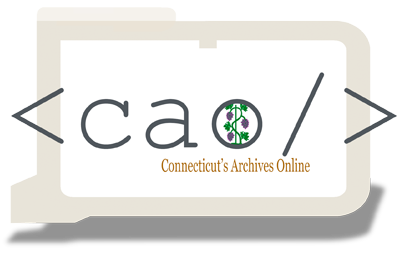Collections : [Harriet Beecher Stowe Center]

Harriet Beecher Stowe Center
77 Forest Street
Hartford, CT 06105
research@stowecenter.org
 Connecticut's Archives Online
Connecticut's Archives Online
One-click access to Connecticut's archival resources
